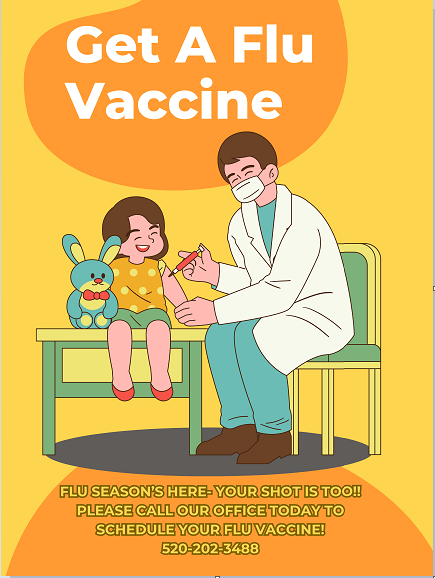 MENU
MENU
Dyson Medical | 2222 N. Craycroft Rd, Ste#150, Tucson, AZ 85712
Our walk in hours are
Monday – Thursday, 8:00am – 11:00am and 1:00pm – 4:00pm
Antibiotics are a very important part of modern medicine. These medications are used to fight many infections caused by bacteria. The following facts about antibiotics will help you understand how these drugs work, possible side effects and the importance of taking antibiotics as directed by me.
Antibiotics work only against infections that are caused by bacteria. These drugs are not effective at all against viral infections. This is why I will not always prescribe an antibiotic if you have an infection.
Some antibiotics are effective against only certain types of bacteria; others can effectively fight a wide range of bacteria. Bacterial infections include strep throat, most (but not all) ear infections, and some sinus, bladder and lung infections. Not all bacterial infections require treatment with an antibiotic. For example, using a nasal saline rinse multiple times per day can obviate the need for antibiotics in the case of a sinus infection.
Most common infections (such as colds, bronchitis and sore throats) are caused by viruses. Antibiotics should not be used for these viral infections because they don’t help, they may cause side effects, and overuse of antibiotics contributes to the growing problem of bacterial resistance (see below).
If I prescribe an antibiotic, be sure to ask me what possible side effects to watch for. Antibiotics can cause nausea, diarrhea and stomach pain. In some people, an allergic reaction (characterized by rash and itching; or in severe cases, difficulty breathing) can occur. Some antibiotics kill naturally occurring bacteria that are needed by the body; these “good” bacteria are then replaced by bacteria that can cause diarrhea or yeast infections. If you experience any side effects when you are taking an antibiotic, you should call me..
Bacteria can become resistant to an antibiotic that was previously effective. Resistance is most likely to develop after long-term treatment with an antibiotic or with antibiotics that kill a wide variety of bacteria. Resistance is a growing problem. This resistance is ascribed to overuse of antibiotics, especially for common viral infections, and taking antibiotics inappropriately, such as not completing the prescription so bacteria are exposed to the antibiotic but not killed by it.
Antibiotics only should be used when prescribed by me or another health care professional.
 X
X